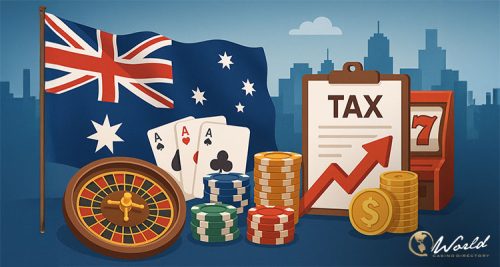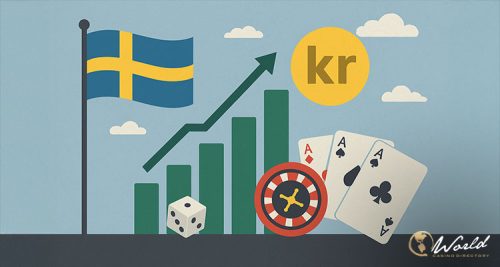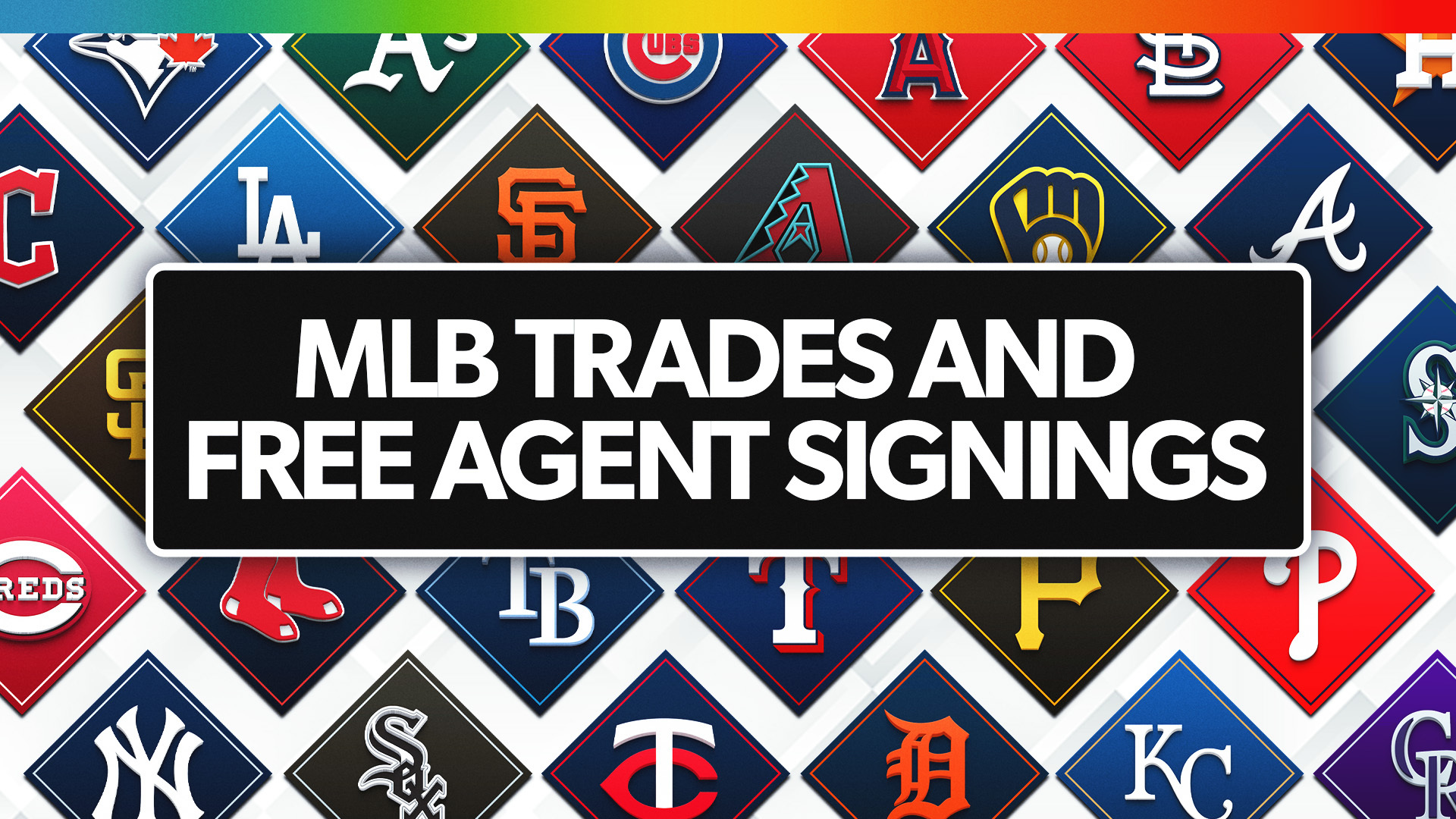BOS, Sweden’s Trade Association for Online Gambling, has hit out at a proposal from gambling monopolies Svenska Spel and ATG to introduce a blanket ban on bonuses in the country’s iGaming sector, accusing the two operators of trying to increase their market share.
Svenska Spel and ATG on 7 November submitted a joint op-ed article to the Svenska Dagbladet newspaper, outlining their support for a possible ban, which would put an end to any form of online bonuses awarded by licensed operators in Sweden.
In the article, Svenska Spel’s Anna Johnson and Hasse Lord Skarplöth of ATG argued bonuses could lead to gambling-related problems. They noted the particular appeal of the bonuses to younger people, drawing them to gambling and causing long-term issues.
The op-ed also highlighted certain statistics from a recent report by the Swedish Association for Alcohol and Drug Education. One piece of data suggested gambling among boys in their second year of high school increased from 27% to 43% in five years.
While BOS Secretary General Gustaf Hoffstedt shared concerns over young people and gambling, he rejected the direct link to bonuses. He said a ban on bonuses in online gambling would not solve the problem.
“We believe that everyone agrees and is concerned that gambling among young people under the age of 18 is a growing problem,” he said.
“But to claim that this is due to the welcome bonuses that are currently offered to adult players, without mentioning how today’s young people learn to play for money through so-called skins and loot boxes in their favourite games, is not serious.”
Gambling monopolies’ motive
Hoffstedt insisted the ban would benefit both Svenska Spel and ATG by reducing the size of Sweden’s legal market and pushing more players to play with the gambling monopolies.
“Both of these gambling companies, which emerged from the Swedish gambling monopoly, took significant market shares with them from the start when the Swedish gambling market was re-regulated in 2019,” he said.
“The fact that their competitors, who in many cases start with zero customers on their data base, are prohibited from offering a bonus when a new customer is recruited is of course tempting for the old monopolists.
“But they bite their own tail. Because with demands for further restrictions on the legal licensed gambling market, they can only defend their market share in an increasingly shrinking licence market.”
“These two companies could have brought together the gambling market, or at least the members of their own trade association, for some common good. However, they ignore this and run solo games for short-term benefit for themselves, but not for Sweden and above all not for consumer protection in the gambling market,” Hoffstedt added.
Black market concerns from bonus ban
Hoffstedt also flagged concerns over how a ban could drive players to unlicensed sites, which may offer bonuses but not the same protection measures as approved brands.
With this, he called for balance in gambling regulations to consider both consumer protection and gambling pleasure. This, he said, would ensure a higher proportion of users gambling with regulated websites.
“A high proportion of legally licensed gambling is achieved through striking a balance between consumer protection and gambling pleasure,” he said. “The gambling consumers must themselves want to be in the licensed gambling market. If this is not achieved, the entire system will collapse.
“Now Johnson and Lord Skarplöth also want to remove the possibility of giving a bonus to a new gambling customer. If they get their way, we probably haven’t seen the bottom yet in how low the proportion of legally licensed gambling can fall.”
Sweden is in the process of overhauling part of its gambling regulation to deepen enforcement against the black market.
A review of the Gambling Act reached a milestone in September when the Ministry of Finance published investigator Marcus Isgren’s report, outlining amendments designed to strengthen the country’s regulatory framework and close loopholes that enabled illegal operators to market to locals.
But Hoffstedt previously told iGB the long-awaited update was unlikely to solve some of the market’s deeper-rooted struggles relating to the proliferation of illegal gambling.

 18 hours ago
12
18 hours ago
12
















